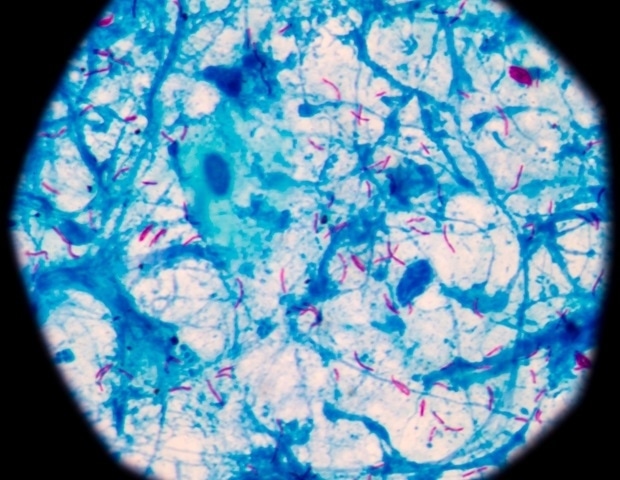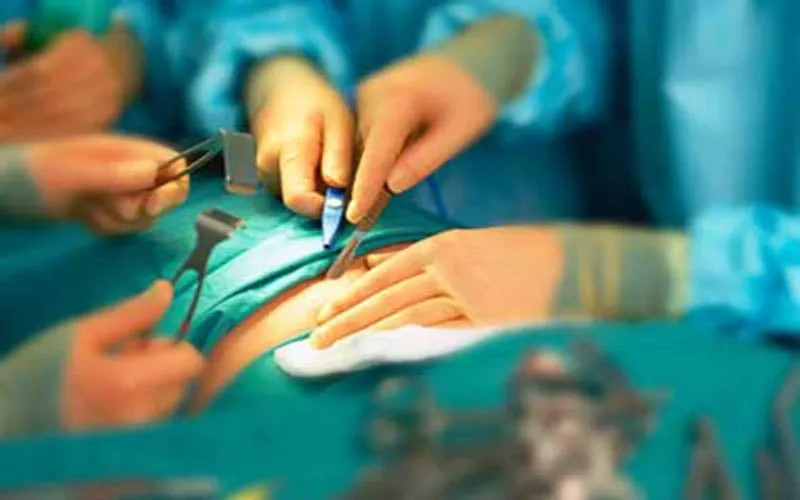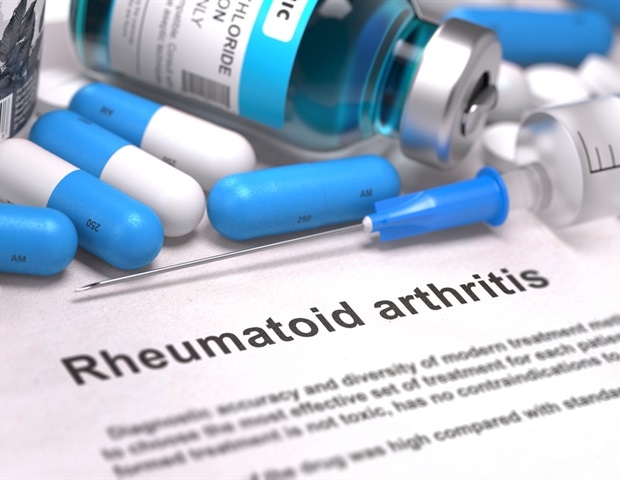
A little girl who was born prematurely at 23 weeks and weighed less than a bag of sugar is now thriving. Elsie Westcott, from Henfield, West Sussex, was born at 23 weeks, weighing just 600 grams. She spent 211 days in intensive care, battling serious complications including chronic lung disease and issues with her heart and eyes.
Elsie’s journey inspires support for new preterm birth prevention study (Image: Action Medical Research) Her parents, Chris and Debi Westcott, were told that her chance of survival was just 1,000 to 1. Debi Westcott said: "Elsie had to be delivered immediately and we were told that her chance of survival was just 1,000 to 1. "She was tiny and weighed less than a bag of sugar.

"Elsie spent almost seven months in the neonatal intensive care unit (NICU), which was scary and stressful, not just for me but also for my husband, Chris." Now two years old, Elsie is walking and talking, but has to be monitored regularly as she has adrenal insufficiency, which means she does not produce enough of the steroid hormone cortisol. This causes problems when she gets ill, so she has to be monitored and treated with steroids.
To cope with the stress of having a child in the NICU, Chris Westcott started a support group for dads, recognising the need for a space where they could connect and share their experiences. He said: "As a dad you can feel helpless in a situation like this, so I set up a WhatsApp support group so I could speak to other men who have been or are going through the stress of life in the NICU. "The WhatsApp group is great and has really helped me.
" The family are now supporting new research which aims to understand and prevent premature birth. Family joins campaign to tackle premature birth through scientific research (Image: Action Medical Research) Charities Action Medical Research and Borne are funding research at University College London (UCL) to develop an antimicrobial therapy to help prevent preterm birth in women who are considered high risk. Evidence suggests that in some pregnant women, bacteria can pass into the womb, triggering inflammation and increasing the risk of early labour.
The aim is that this new therapy will boost the effectiveness of specialised antimicrobial proteins, already present in the cervix, to help reduce the risk of preterm birth. Dr Ashley Boyle and Professors Simon Waddington and Donald Peebles of UCL are investigating the anti-inflammatory and anti-bacterial effects of a new treatment, with and without progesterone, on cervical and vaginal cells in the laboratory. Dr Boyle said: "Bacteria from the mother’s vagina can sometimes get through the neck of the womb – the cervix – and enter the womb where the baby is growing.
"Unfortunately, this can trigger inflammation that may cause harm to the baby and lead to premature birth." Dr Caroline Johnston, senior research manager at Action Medical Research, said: "Research like this is vital to help tackle premature birth through deepening our understanding of why some babies are born too soon and move us closer to being able to develop new treatments that could prevent or delay early birth." Elsie is one of the 55,000 babies born prematurely each year in the UK and sadly more than 1,000 babies die each year after being born too soon.
Many others who do survive are at increased risk of lifelong problems including cerebral palsy, blindness, hearing loss and learning difficulties. Although the causes of preterm birth remain poorly understood, an infection may be involved in four out of 10 women who experience an unexpected early labour..















